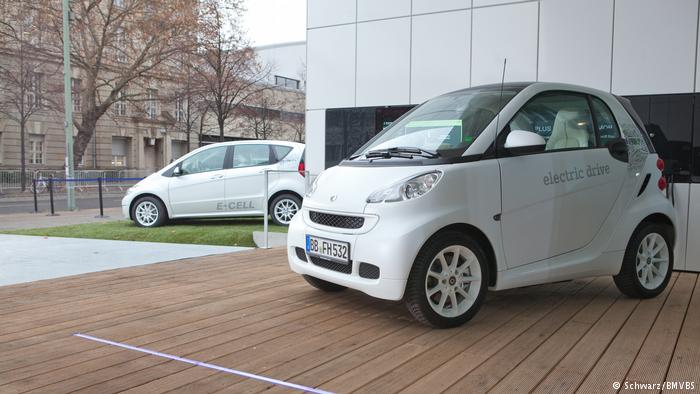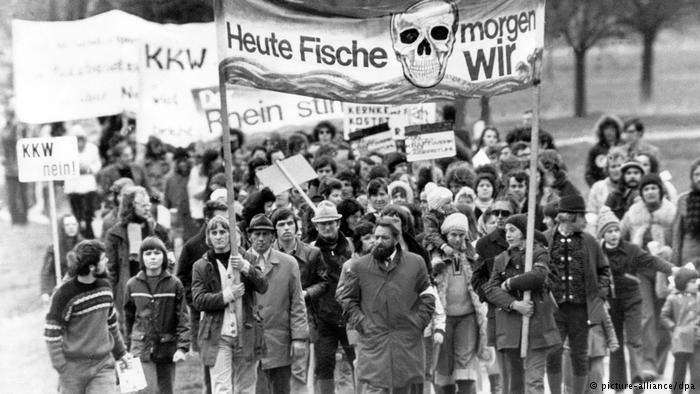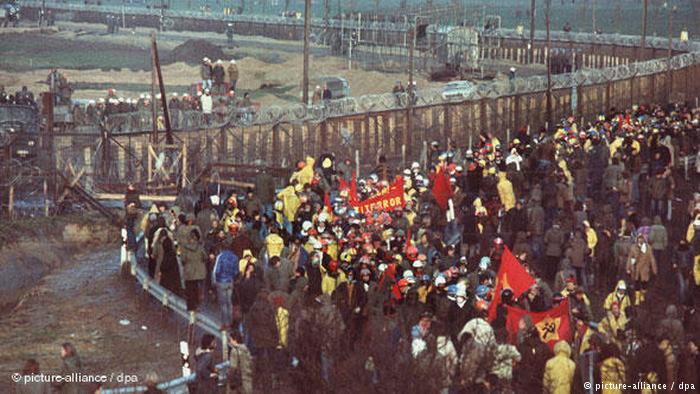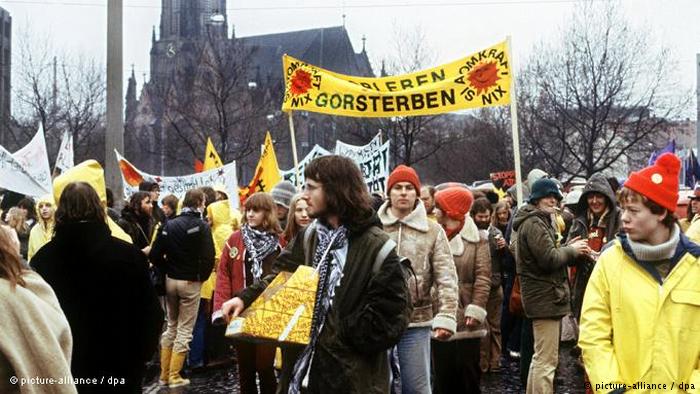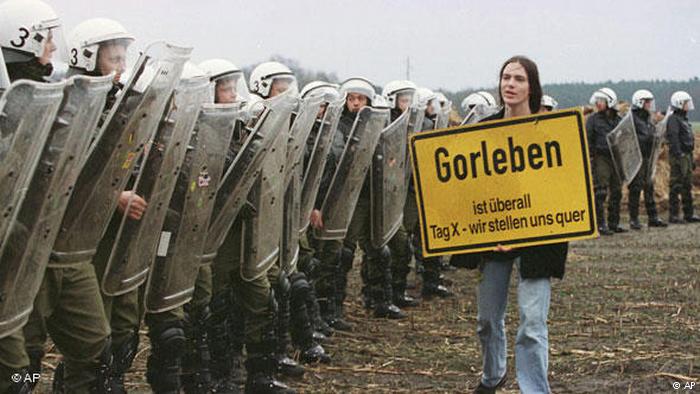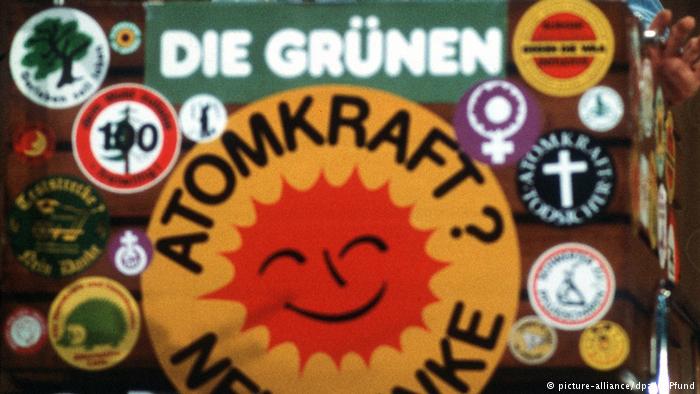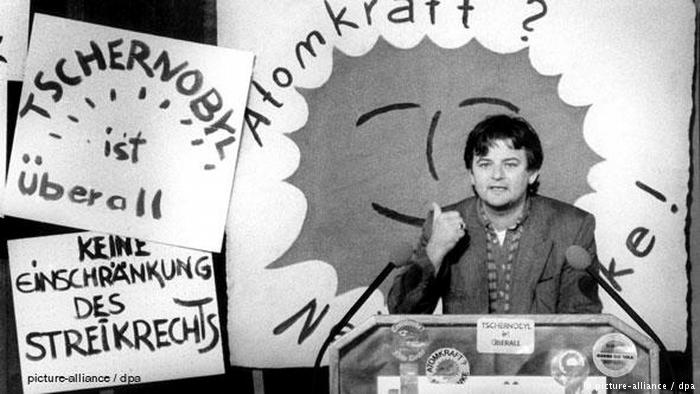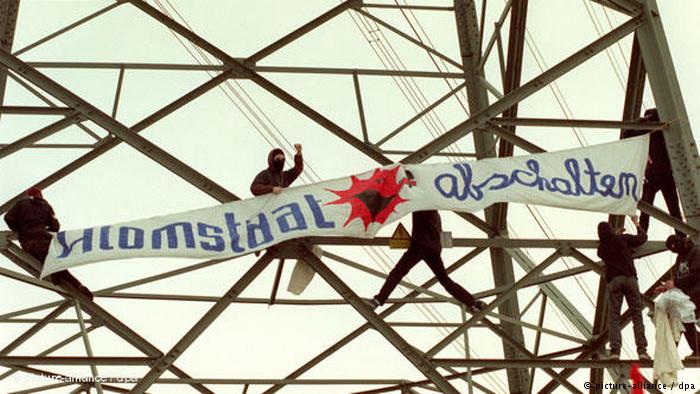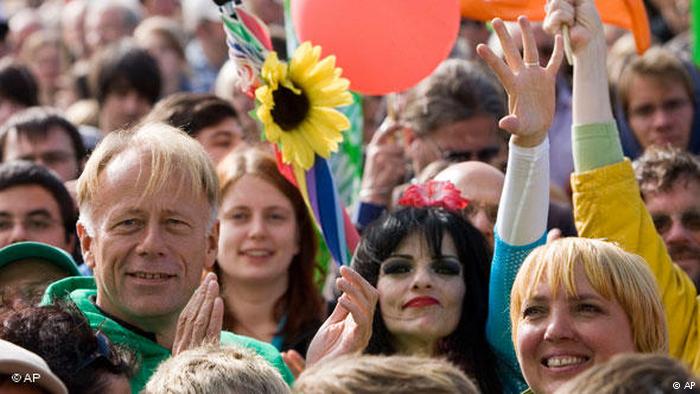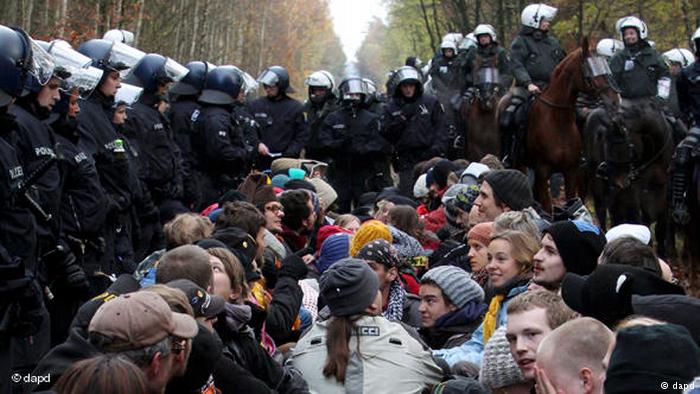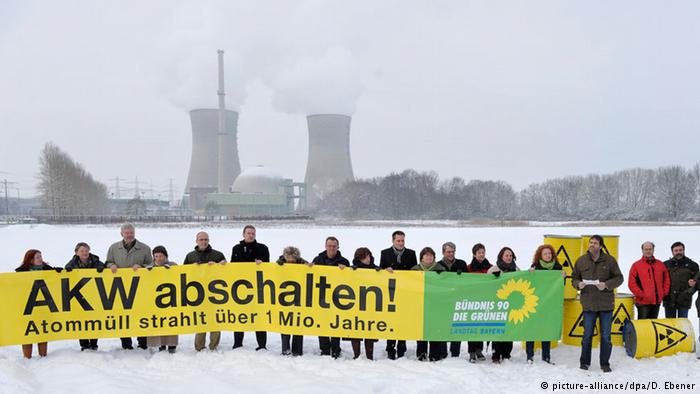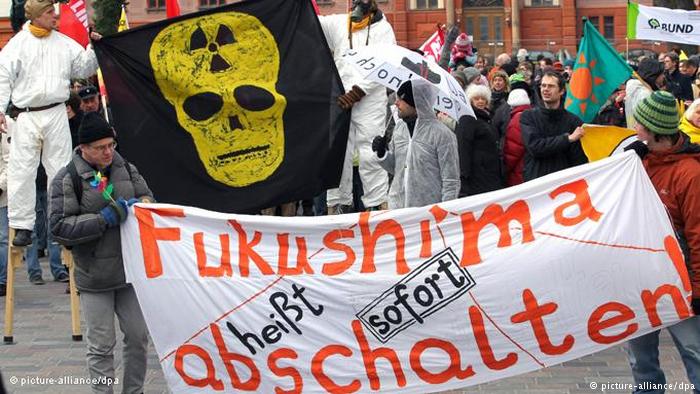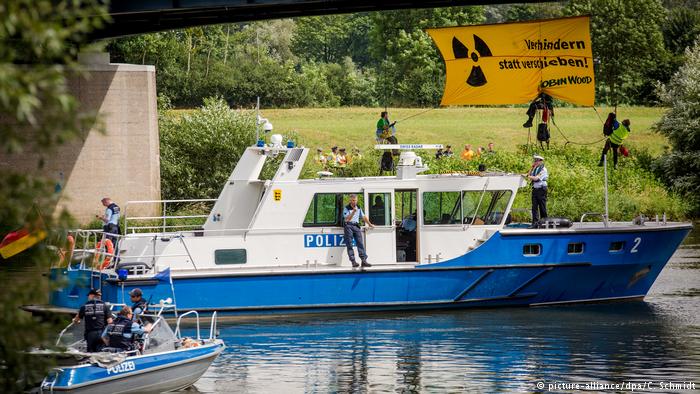At first glance, it looks as if a shiny black space station has landed in central Berlin.
Unfathomable gadgetry is visible through the floor-to-ceiling windows of the cubic structure, which is surrounded by historic and post-war buildings more typical of the German capital.
On closer inspection, the unusual structure is clearly not intergalactic. It is, however, seriously futuristic. It is a prototype for a smart home, designed to help move Germany down the road to a decarbonized future.
Subtly disguised photovoltaic solar panels lining the roof and exterior generate renewable energy for its inhabitants — and their clean green transport. Wireless charging strips near the entrance enable an electric car and e-bike to be parked and left to charge, free of plugs and cables.
“It’s like a mini power station,” said Nikolas Klostermann-Rohleder, an expert at the Hamburg-based think tank Center for Energy, Construction, Architecture and the Environment, who was involved in the project.
F87, as the house is called, is a smart home, which means that as well as generating its own power, it uses wifi or bluetooth to control temperature, lighting and the powering of appliances. It’s one among many high-tech ventures helping to carry forward the Energiewende, or Germany’s transition away from nuclear and fossil fuels. The country has pledged to source at least 80 percent of its electricity from clean sources by 2050.
Small ideas with big impact
At present, Europe’s largest economy generates around 35 percent of its power from renewables — a figure that rises on weekends when electricity demand eases off.
Wind power, biomass and solar photovoltaic have all boomed thanks to lavish state support — currently more than 20 billion euros per year (despite recent reforms that limited the expansion of wind power). But there’s more to the transition than money.
Read: Germany’s renewable energy reforms ‘a step backwards’
Germany continues to rely heavily on nuclear power, which is slated to be phased out over the next five years, and lignite coal — a notorious climate culprit — which still generates around a quarter of all electricity.
The share of renewables in the energy mix is rising quickly but there is not yet enough clean green power to run the entire economy. Moreover, fossil fuel and nuclear power are still used as a backup for energy from intermittent and unpredictable sun and wind. That is where innovations such as F87 come in.
The house is kitted out with a generous power storage facility — recycled from used e-car batteries — allowing its inhabitants to tap into homemade clean energy, even when the sun is in hiding.
During its test year — when a family of four lived within its well-insulated walls — it even generated surplus energy. When fed back into the grid, this was worth almost 1,600 euros ($1,881).
Tipping point
Despite its prototype label, Klostermann-Rohleder says F87 is “no longer just a model project.” Smart features rolled out in the state-of-the-art house have already been incorporated into more than 30 new homes across the country.
Björn Grindberg, from Berlin-based Climate-KIC, a public-private organization working to move more quickly to a zero-carbon future, describes the Energiewende’s track record as a “mixed bag” but says such technical innovations have pushed it to a tipping point that will shake up how we use energy in the future.
“Connected devices in the past have been poorly designed gadgets for nerdy early adopters but smart-home devices are on the verge of becoming mainstream,” said Grindberg.
Read: Big data is about to transform renewable energy
That’s reflected in surveys. According to German market research institute GfK, some 72 percent of Germans polled find the idea of a smart home appealing, with 51 percent being particularly interested in smart energy and lighting solutions.
Smart grids
Among the companies disrupting the traditional electricity industry is Munich-based Tado, a producer of smart thermostats and air conditioning control devices, which can be remotely operated from users’ smartphones to slash energy waste.
Other firms offer storage systems for renewable power and increasingly customers can hook up to smart grids, which use digital communications to balance supply and demand in new ways and on smaller scales.
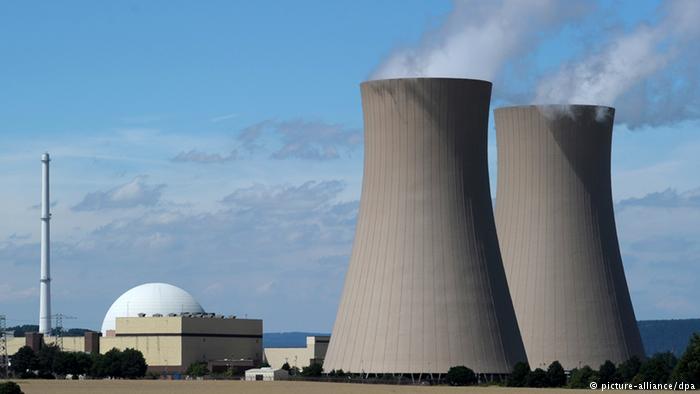
As Germany moves away from nuclear power and fossil fuels, electricity production is becoming more decentralized
In practical terms, this enables smart meters on washing machines, fridges or factory machines to be connected to a grid, meaning they can be programmed to access electricity when it is at its cheapest. For example, when the sun is shining and the wind is blowing.
This is why experts see such smart grids as a key step in unlocking the potential of intermittently powerful renewable sources: They adjust demand to supply, rather than the other way around.
“The spreading of smart meters and smart energy management systems can accelerate the German energy transformation,” Andreas Kraemer, founder and director emeritus of the Berlin think tank Ecologic Institute, told DW.
Energy autonomy
A leading player in this revolution is energy storage system maker Sonnen. Founded in 2010 in Wildpoldsried, a Bavarian village that now runs entirely on renewable energy, the business has been named by “Financial Times” as one of the thousand fastest growing companies in Europe.
It has created smart grids that link customers into “communities,” enabling those in one part of the country to access cheap renewable energy from others elsewhere, thereby helping offset regional weather variations.
With advertising slogans like “it’s time to declare your independence,” the company has attracted a lot of business from consumers seeking energy self-sufficiency.
“The first phase of the Energiewende in the early 2000s was based on hardware but the next steps can’t be done without smart information technology [IT],” Sonnen’s managing director sales and marketing Philipp Schröder said, referring to the country’s bid to wean itself off coal and nuclear.
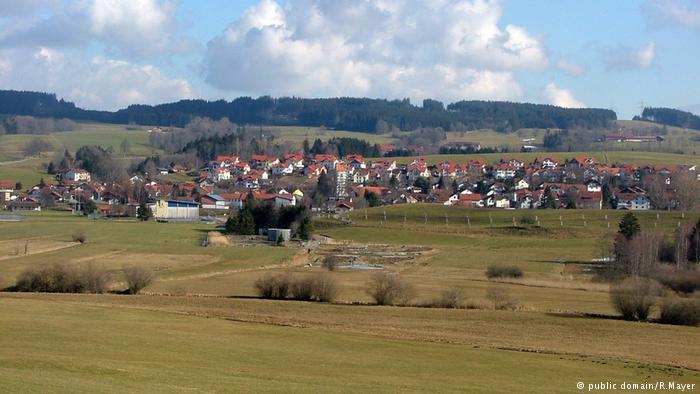
Wildpoldsried in southern Germany runs entirely on renewables and is home to energy storage maker Sonnen
“We think the future of energy will look pretty much like our sonnenCommunity: A virtually connected network that consists of thousands and later of millions of decentralized power producers, prosumers, [those who both consume and produce power] storage systems and consumers.”
Read: Pressure on Germany to ditch coal intensifies
Thomas Klaas, who lives with his wife in a red wooden house in the quiet village of Leegebruch, north of Berlin, is among them. He has 52 solar panels on his roof, and recently hooked them up to three Sonnen batteries he keeps stacked in a cupboard.
“It feels good to know that we are autonomous,” he said, adding that his decision was validated earlier this year when heavy rains triggered a power cut in his area. “Neighbors popped round to see if our power was off too. Turns out, we were the only ones left with our lights on.”
This is the first report in a series that looks at the constructive steps Germany is taking to combat climate change. Global Ideas and the Grimme-nominated online medium Perspective Daily will bring you in-depth stories each week in the run up to 23rd Climate Conference taking place in November 2017 in Bonn.




